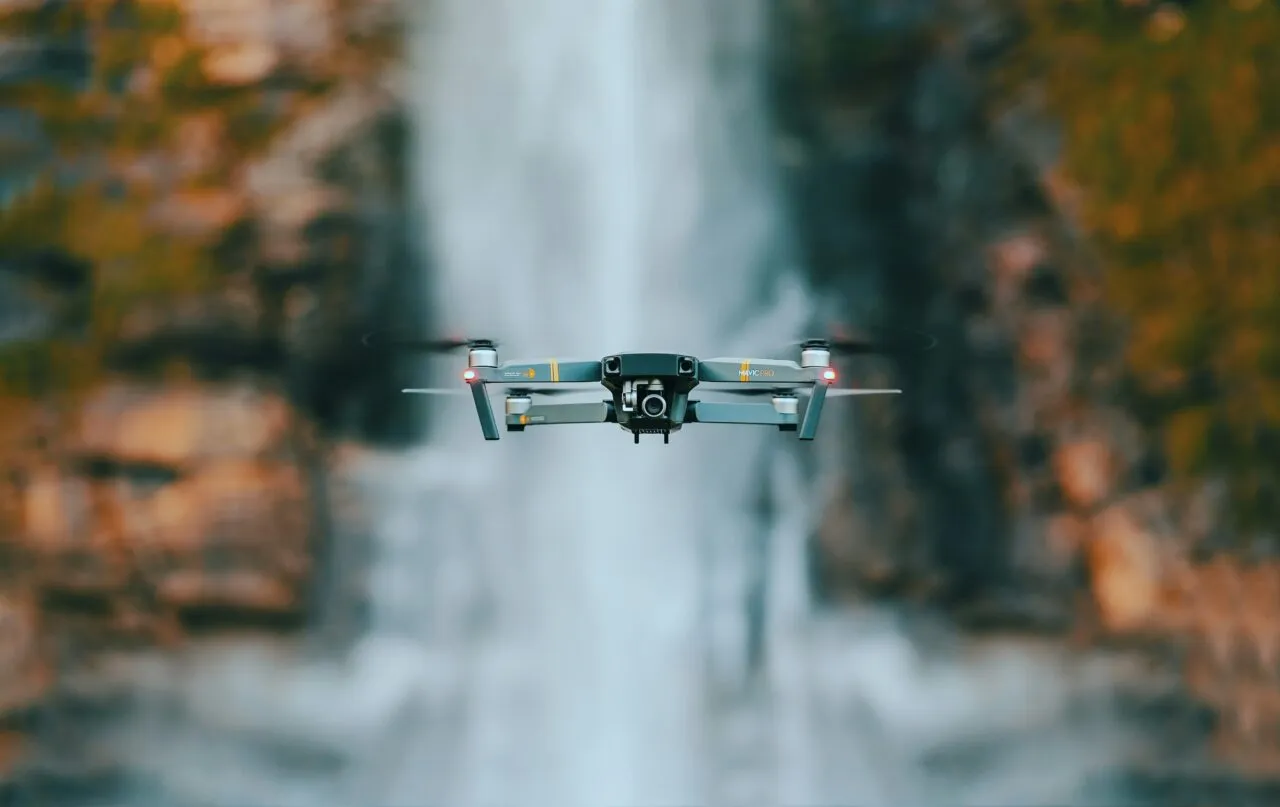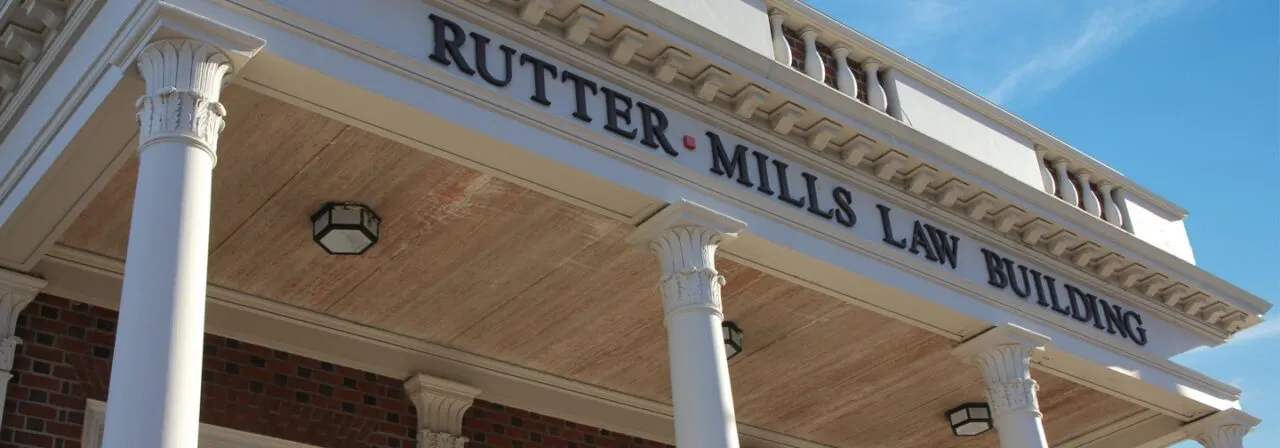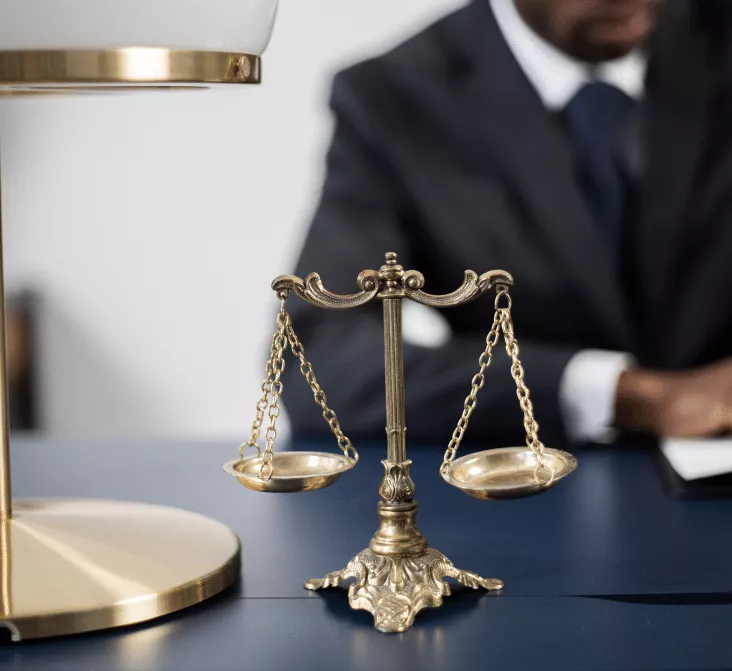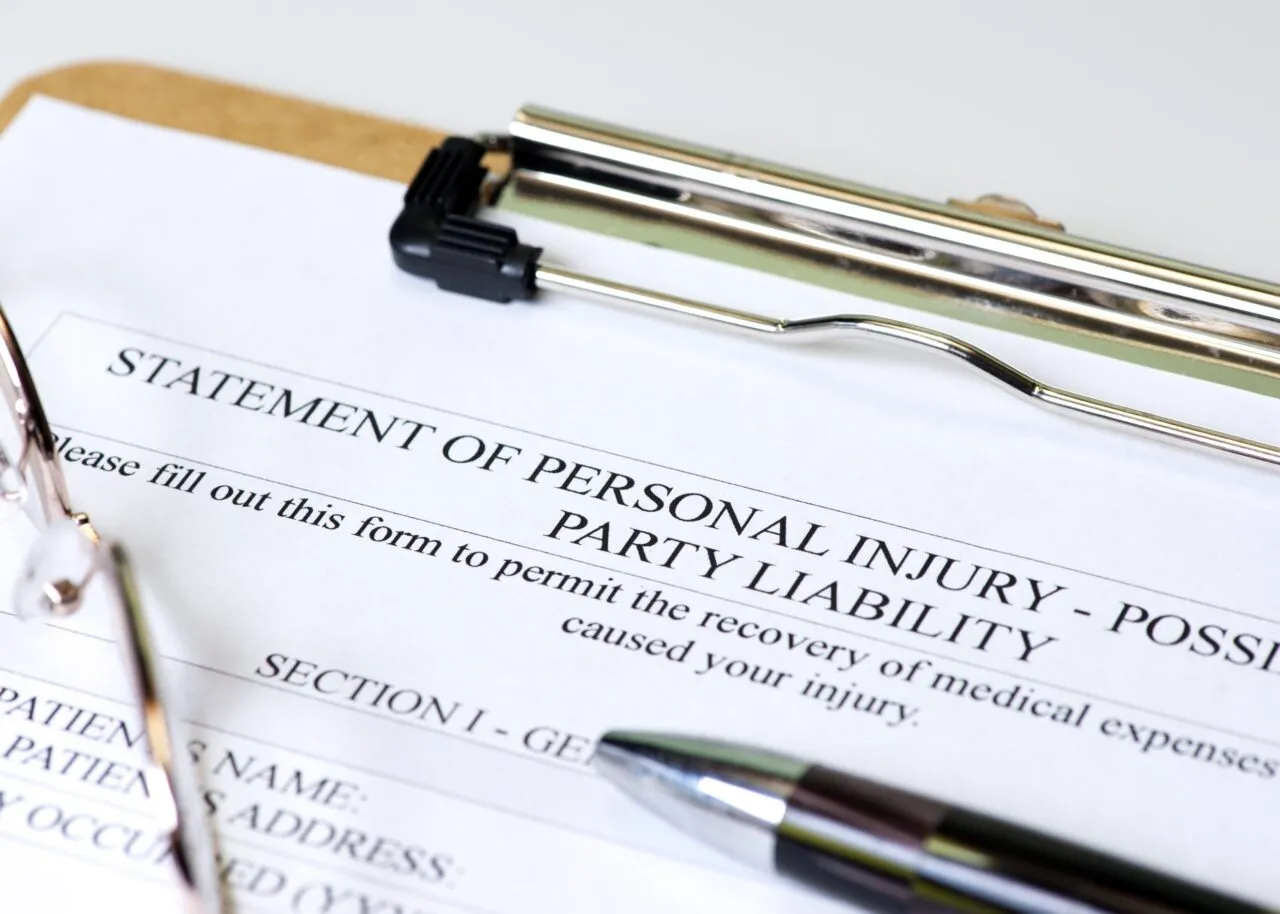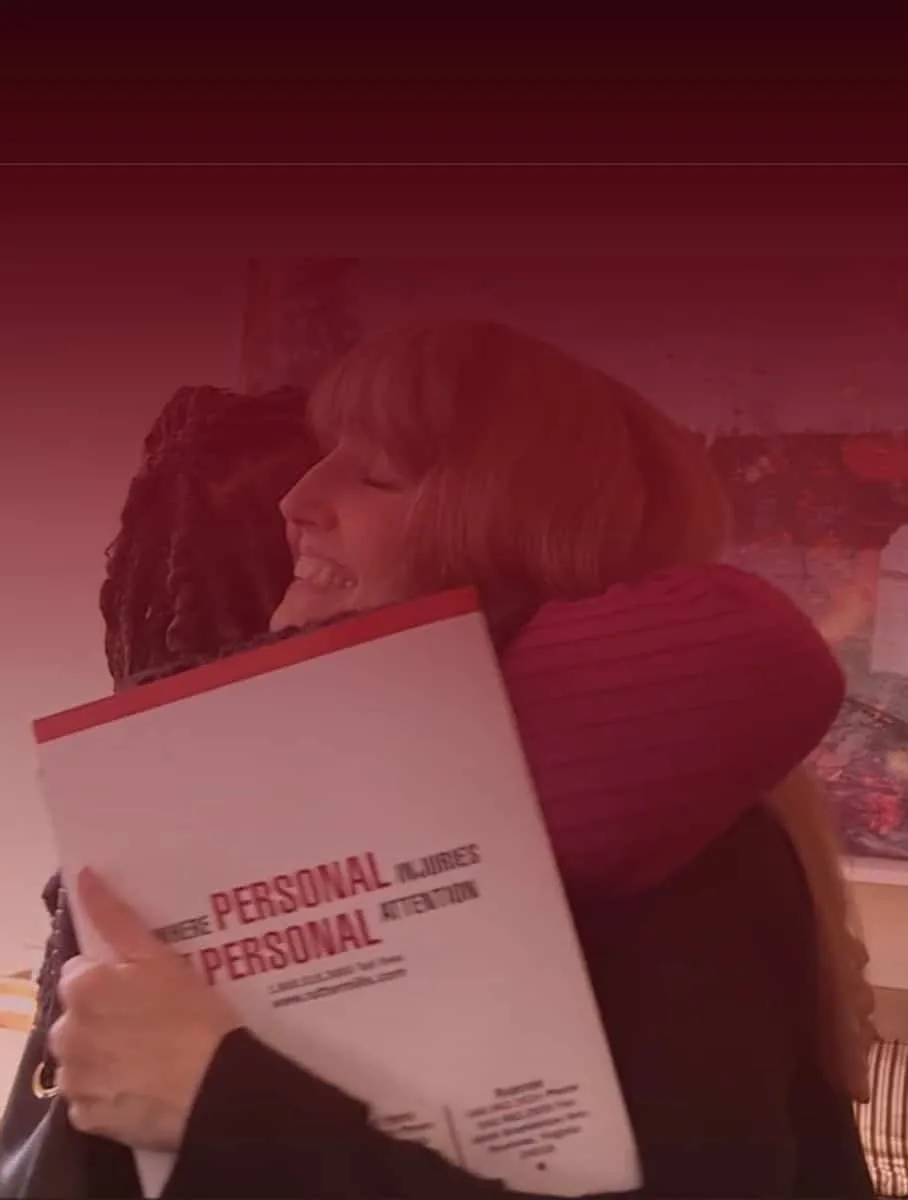Personal Injury Info
Posted on May 27, 2025

Would you be surprised to learn that your insurance is spying on you?
Beginning July 1st, 2023, a change to Virginia car insurance law took effect that impacted millions of drivers in the Commonwealth.
No matter how strong your potential case is, paying up-front legal fees can be a significant barrier to pursuing justice. When your lawyer works on contingency, it means you do not need to pay their fee to start working on the case.
Contact Us for a Free Case Evaluation
Our team is ready to listen day or night – 7 days a week, so contact us now to see how we can help you on the road to recovery.
